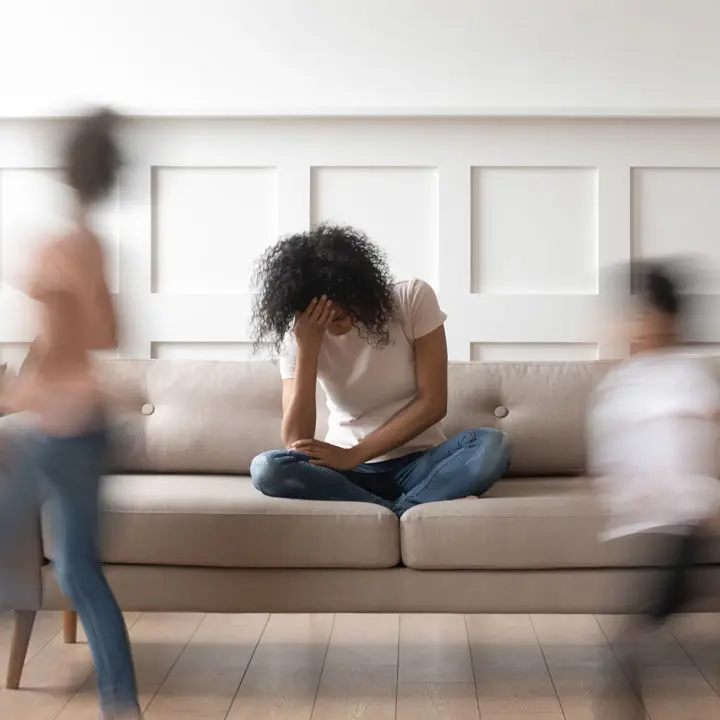Mental Health Resources
Find Help Check your Plan Details Improving Mental Health Checklist

Support for the Tumbler Ridge Community
Our thoughts are with the Tumbler Ridge community at this time. If your plan does not include access to an Employee and Family Assistance Program, our partner Homewood Health has opened their support centres for anyone experiencing emotional distress following this incident. Free confidential support is available 24/7 by calling 1-833-375-0269.
Download: Recovery and Coping Strategies for Experiencing Acts of Violence (PDF)
Find Help
Are you or someone you love in a crisis?
For emergencies, you can: call 911 for help right away, go to your local Emergency Room, or call 1-800-SUICIDE (1-800-784-2433).
If you just need someone to talk to, you can call 310Mental Health Support at 310-6789 (no area code required) at anytime.
For dedicated crisis line support for First Nations, call KUU-US Crisis Line: Adult/Elder: 250-723-4050, Child/Youth: 250-723-2040
Non-Emergency Mental Health Support
Employee Family Assistance
Your plan may have an Employee Family Assistance Program. Access counselling, coaching and mental wellness resources through our partner provider, Homewood Health.
Counselling/Psychology benefits
Your plan may have counselling and psychology coverage. Find a licensed counsellor that matches your needs.
On-demand Virtual Care
Your plan may include 24/7 access to health practitioners, a care manager, referrals to specialists and prescription medication home delivery.
Online Cognitive Behavioural Therapy
Your plan may cover iCBT programs that help with stress, anxiety, depression, insomnia or alcohol and substance abuse.
BC's Hub for Workplace Mental Health
We’re all affected by stress, burnout and other work-related concerns. Find help, training and community.
BounceBack BC
A free skill-building program designed to help adults manage low mood, mild to moderate depression, anxiety, stress or worry. Available online or over the phone.
HeadsUpGuys
Leading men's mental health site with expert-backed tips, self-checks, a therapy directory, free courses, over 100 recovery stories, and more.
Stronger Minds by BEACON
Guidance that can help with emotional concerns through easy-to digest resources from our team of caring clinical psychologists.
Ministry of Mental Health and Addictions
Find free resources, educational tools and a directory to recovery centres for substance use and mental wellbeing.
First Nations Health Authority
First Nations Peoples in BC have access to mental health programs offered by FNHA Health Benefits and Indigenous Services Canada.
Here to Help BC
Information related to substance use and mental health, including personal stories, self-help resources and information to get help now.
Virtual Clinics
Virtual clinics allow you to book virtual appointments with BC-based doctors at your convenience.
Improving Mental Health
Non-drug therapy is useful for depression, anxiety, sleep disorders, and other mental health conditions. It can be used alongside a medication, or on its own. Check 1 or 2 options to focus on at this time.
|
Physical activity helps your body produce feel-good hormones (endorphins). Even small amounts of physical activity promotes good mental health. Target 30-60 minutes of moderate to high intensity activity. E.g., walking, hiking, running, cycling, swimming, tennis, group sports, fitness classes or golf. FREE options: cnet.com/health/fitness/best-youtube-channels-for-free-workouts |
|
Written and interactive materials that teach you how to cope with stressors and develop resilience. FREE options: heretohelp.bc.ca | headsupguys.org |
|
Learn techniques (therapist assisted) to challenge negative thinking and promote behaviour change. Counselling may be covered under your Pacific Blue Cross benefits plan. FREE option: BounceBackBC.ca |
|
Talking to a therapist can help you better understand your emotions, relationships, and actions to work toward positive and lasting change. Counselling may be covered under your Pacific Blue Cross benefits plan. See what's covered under your plan at pac.bluecross.ca/member FREE option: wellnesstogether.ca |
|
Focusing on the present, observing your thoughts and emotions, and connecting with your body can help improve mental health. FREE options: FreeMindfulness.org |










